Isopropyl unoprostone
- CAS NO.:120373-24-2
- Empirical Formula: C25H44O5
- Molecular Weight: 424.61
- MDL number: MFCD00886951
- EINECS: 1312995-182-4
- SAFETY DATA SHEET (SDS)
- Update Date: 2024-10-28 23:16:16
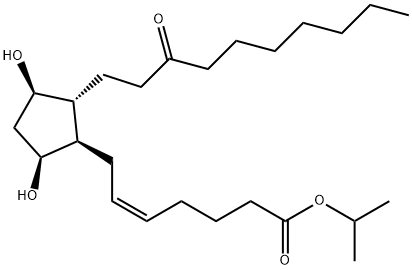
What is Isopropyl unoprostone?
Description
Unoprostone isopropyl ester, a novel prostaglandin derivative, was launched in Japan as eye drops for the treatment of glaucoma and ocular hypertension. In animal and human studies, a single drop of unoprostone isopropyl ester induced significant decrease in intraocular pressure without systemic effects, myosis or mydriasis. Unlike prostaglandin analogs such as PGF2α, unoprostone isopropyl ester does not cause irritation in outer segment of the eye or significant changes in aqueous protein concentration and corneal endothelial permeability. Unoprostone isopropyl ester is suggested to act by increasing uveoscleral outflow or by decreasing episcleral venous pressure, resulting in ocular hypotension.
Description
Unoprostone isopropyl ester (Rescula) is the clinically approved, prodrug form of unoprostone, which is a free acid analog of prostaglandin F2α (PGF2α). Both latanoprost and Rescula have been approved for the treatment of ocular hypertension. Both analogs of PGF2α are believed to act by increasing the rate of aqueous humor outflow through the uveoscleral pathway. Both drugs are believed to act as prodrugs, with endogenous esterases within the eye releasing the free acid active form of the drug. The typical does of Rescula (one drop of 0.12% solution) is nearly 100 times that of latanoprost. Rescula has very little activity on isolated DP or TP receptors, less than 0.0005% the activity of PGE2 on EP3 receptors, and about 3% of the activity of PGF2α on FP receptors.
Chemical properties
Clear Colourless Oil
Originator
Ueno (Japan)
The Uses of Isopropyl unoprostone
Isopropyl unoprostone is an antiglaucoma,it is used in treatment of ocular hypertension.
The Uses of Isopropyl unoprostone
Antiglaucoma; used in treatment of ocular hypertension.
What are the applications of Application
Unoprostone isopropyl ester is a free acid analog of prostoglandin F2α
Definition
ChEBI: A carboxylic ester that is the isopropyl ester of unoprostone.
brand name
Rescuia
Hazard
A poison.
Properties of Isopropyl unoprostone
| Boiling point: | 546.3±45.0 °C(Predicted) |
| Density | 1.019±0.06 g/cm3(Predicted) |
| storage temp. | -20°C Freezer |
| solubility | Chloroform (Slightly), Ethyl Acetate (Slightly) |
| form | Oil |
| pka | 14.79±0.70(Predicted) |
| color | Clear Colourless |
| CAS DataBase Reference | 120373-24-2(CAS DataBase Reference) |
Safety information for Isopropyl unoprostone
Computed Descriptors for Isopropyl unoprostone
New Products
4-Aminotetrahydropyran-4-carbonitrile Hydrochloride (R)-3-Aminobutanenitrile Hydrochloride 4-AMINO-TETRAHYDRO-PYRAN-4-CARBOXYLIC ACID HCL 4-(Dimethylamino)tetrahydro-2H-pyran-4-carbonitrile 3-((Dimethylamino)methyl)-5-methylhexan-2-one oxalate 1,4-Dioxa-8-azaspiro[4.5]decane 5-Bromo-2-nitropyridine Nimesulide BP Aceclofenac IP/BP/EP Mefenamic Acid IP/BP/EP/USP Diclofenac Sodium IP/BP/EP/USP Ornidazole IP Diclofenac Potassium SODIUM AAS SOLUTION ZINC AAS SOLUTION BUFFER SOLUTION PH 10.0(BORATE) GOOCH CRUCIBLE SINTERED AQUANIL 5 BERYLLIUM AAS SOLUTION 2-Bromo-1-(bromomethyl)-3-chloro-5-nitrobenzene 2-Bromo-3-nitroaniline N-(3-Hydroxypropyl)-N-methylacetamide 3-Bromo-6-chloropyridazine 4-ethyl-3-nitrobenzoic acidRelated products of tetrahydrofuran
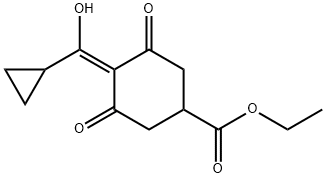


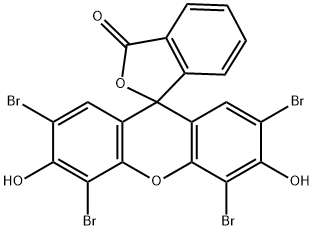
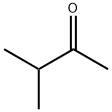

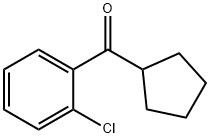

You may like
-
 1-Methyl-6-oxo-1,6-dihydropyridazine-3-carbonitrile 98%View Details
1-Methyl-6-oxo-1,6-dihydropyridazine-3-carbonitrile 98%View Details
99903-60-3 -
 88491-46-7 98%View Details
88491-46-7 98%View Details
88491-46-7 -
 1823368-42-8 98%View Details
1823368-42-8 98%View Details
1823368-42-8 -
 2-(3-(tert-butyl)phenoxy)-2-methylpropanoic acid 1307449-08-6 98%View Details
2-(3-(tert-butyl)phenoxy)-2-methylpropanoic acid 1307449-08-6 98%View Details
1307449-08-6 -
 Ethyl 3-(furan-2-yl)-3-hydroxypropanoate 25408-95-1 98%View Details
Ethyl 3-(furan-2-yl)-3-hydroxypropanoate 25408-95-1 98%View Details
25408-95-1 -
 2-Chloro-5-fluoro-1-methoxy-3-methylbenzene 98%View Details
2-Chloro-5-fluoro-1-methoxy-3-methylbenzene 98%View Details
1805639-70-6 -
 1784294-80-9 98%View Details
1784294-80-9 98%View Details
1784294-80-9 -
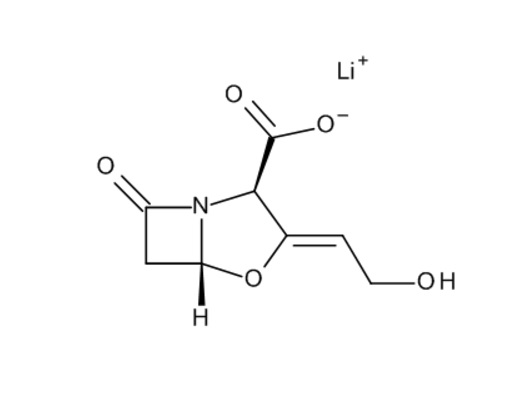 Lithium ClavulanateView Details
Lithium ClavulanateView Details
61177-44-4